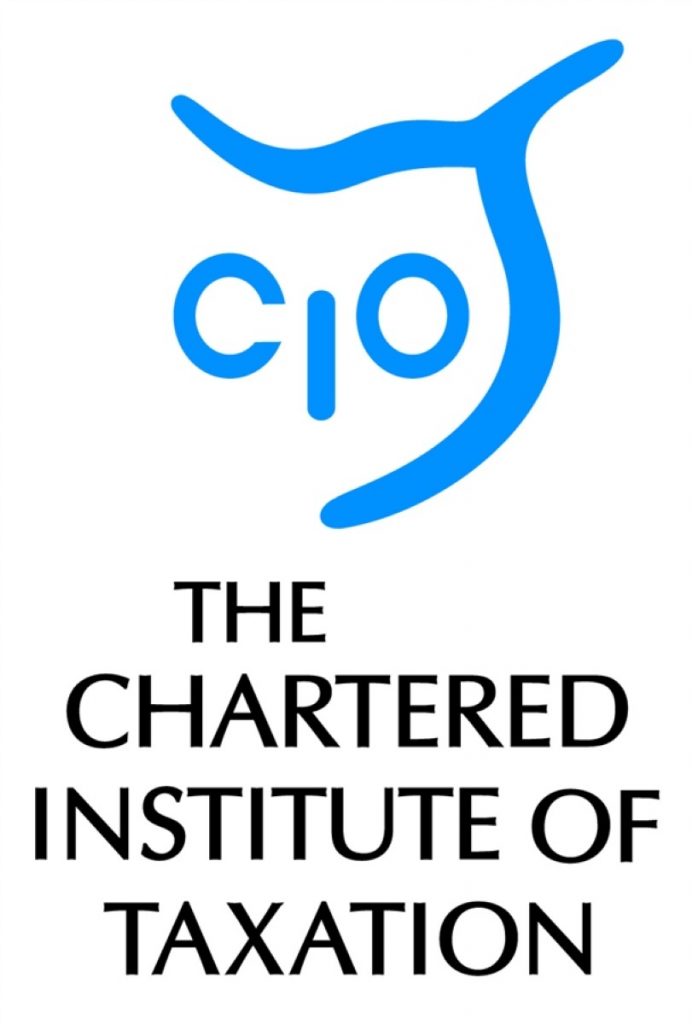CIOT: Swiss money coming into the UK tax net via Liechtenstein
Big increases in the amount that HMRC estimate their Liechtenstein Disclosure Facility (LDF) will bring in have to date largely been prompted by the UK’s tax deal with Switzerland.
HM Revenue and Customs (HMRC) said on Monday that they estimate the LDF will bring in up to £3 billion by 2016, compared to an original estimate of £1 billion.
Under the controversial UK-Swiss deal, undeclared money held in Swiss bank accounts by UK citizens will be subject to a hefty anonymised one-off charge and an annual ‘withholding tax’ on interest.
Gary Ashford, who represents the CIOT on HMRC’s Compliance Reform Forum, explained:
“We have seen a steady increase in the use of the LDF. This seems to have been largely down to UK citizens with accounts in Switzerland opening bank accounts in Liechtenstein to make use of the LDF.
“When Swiss assets are involved it is essential to compare the effect of the Liechtenstein agreement with the yet to be ratified Swiss/UK agreement. The Liechtenstein agreement requires a disclosure to HMRC whereas the Swiss agreement essentially provides the opportunity for UK citizens holding untaxed assets in Switzerland to regularise their tax affairs by way of an anonymised one off payment.”
Gary Ashford confirmed that CIOT members have seen a number of cases of taxpayers with Swiss accounts opening Liechtenstein accounts and disclosing direct to HMRC to gain complete assurance. The terms of the Liechtenstein agreement, given the Protocol issued in March, are in many ways more attractive than the Swiss agreement, particularly in relation to the treatment of inheritance tax for people who died before 2009.
Gary continued:
“With the Liechtenstein financial intermediaries having written to UK clients with assets in Liechtenstein in March, we will start to see more of those who the agreement was specifically aimed at starting to regularise their tax affairs.”
The CIOT has also raised the question of HMRC having a disclosure facility for Switzerland similar to that for Liechtenstein.
Notes to editors
The Liechtenstein Disclosure Facility, which runs until 5 April 2016, requires UK taxpayers with undeclared investments in Liechtenstein to disclose them and settle their tax liability to the UK government under a special arrangement. Liechtenstein banks were required to contact their customers by October 2011, telling them that they must either declare themselves to be UK tax compliant or they must join the LDF. If they do not do this, the banks must close the relevant customers’ accounts.
For more information see the HMRC website: http://www.hmrc.gov.uk/disclosure/liechtenstein-disclosure.htm
There are three elements to the UK-Swiss deal –
Britons with money in Swiss bank accounts will have to pay a one-off charge of between 21 and 41 per cent of their account balance to the UK taxman in 2013. The payment will be deducted and made by the bank. Details of individual accounts will not be revealed but account holders will get certificates stating they have paid the charge. If account holders believe they are being overcharged tax they will be able to claim the difference back from HMRC, but will have to open up their accounts to HMRC to do this. This levy can be avoided by the taxpayer making a full disclosure to HMRC and settling all taxes.
From 2013, a ‘withholding tax’ of 48 per cent of the interest they earn, 40% of dividends, 48% of other income or 27% of capital gains will be deducted automatically by the bank and sent to HMRC annually. Again, details of individual accounts will not be revealed but account holders will get certificates stating they have paid tax on the interest/dividends/capital gains from their deposits.
The UK Government will be able to request bank account details for up to 500 people a year from Swiss banks, who will be required to disclose the information.
The Chartered Institute of Taxation (CIOT) is a charity and the leading professional body in the United Kingdom concerned solely with taxation. The CIOT’s primary purpose is to promote education and study of the administration and practice of taxation. One of the key aims is to achieve a better, more efficient, tax system for all affected by it – taxpayers, advisers and the authorities.
The CIOT’s comments and recommendations on tax issues are made solely in order to achieve its primary purpose: it is politically neutral in its work. The CIOT will seek to draw on its members’ experience in private practice, government, commerce and industry and academia to argue and explain how public policy objectives (to the extent that these are clearly stated or can be discerned) can most effectively be achieved.
The CIOT’s 16,000 members have the practising title of ‘Chartered Tax Adviser’ and the designatory letters ‘CTA’.
– ENDS –
George Crozier
External Relations Manager
D: +44 (0)20 7340 0569
M: +44 (0)7740 477374
The Chartered Institute of Taxation
Registered charity number 1037771
www.tax.org.uk
The Association of Taxation Technicians
Registered charity number 803480
Registered company number 2418331
VAT Registration Number 497 5390 90
www.att.org.uk
Low Incomes Tax Reform Group – an initiative of the Chartered Institute of Taxation
www.litrg.org.uk
1st Floor, Artillery House, 11-19 Artillery Row, London SW1P 1RT





-01.png)